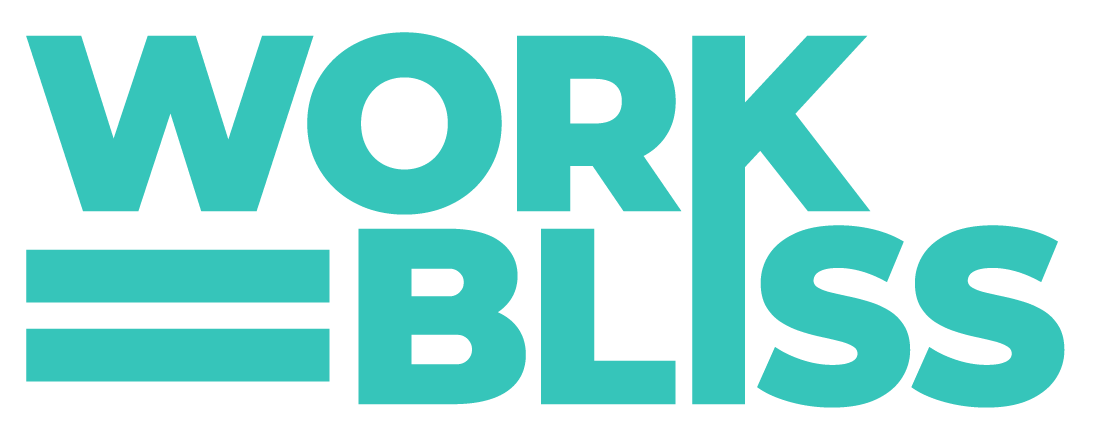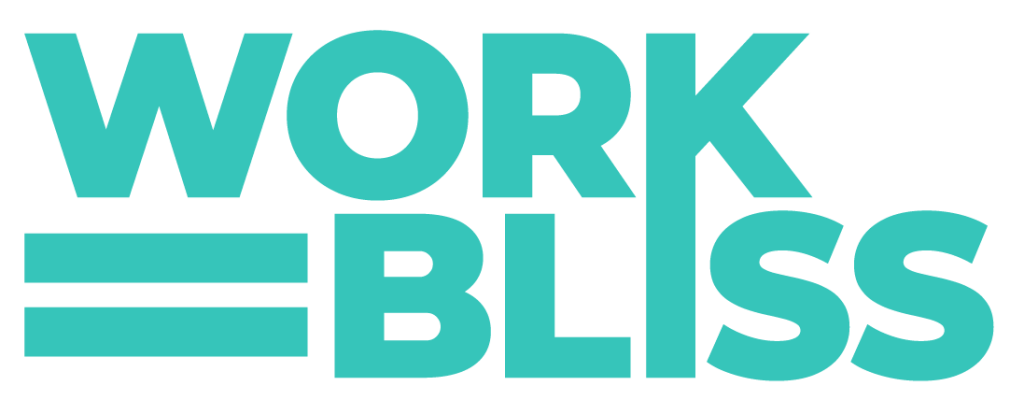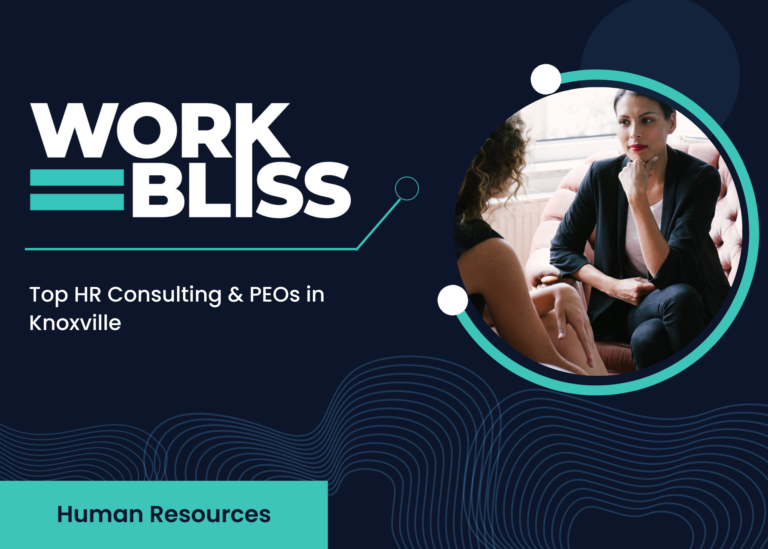Hey there, HR professionals and business leaders! As your company experiences growth, so do the challenges of managing your talent effectively. You’ve probably relied on Human Resource Information System (HRIS) tools like ADP, and while they might have served you well in the past, there comes a time when you outgrow their capabilities. If you find yourself struggling with the limitations of your current HRIS talent management tools, it’s a clear sign that it’s time to explore more advanced solutions. In this article, we’ll discuss some telltale signs that indicate you’ve outgrown your HRIS system and need to consider upgrading HRIS for growth to a more robust and customizable option.
Limitations of Core HRIS Modules
You may have noticed that your core HRIS tools are not the best fit for your expanding talent management needs. Modules such as recruiting, performance management, succession planning, employee engagement, and surveys are not as powerful or flexible as you require. As your organization grows, you need a talent management system that can keep up and adapt to your evolving demands. The one-size-fits-all approach of basic HRIS modules may no longer suffice, leaving you searching for a more tailored solution.
Outgrowing Paper Processes and Basic Modules
If your company has gone beyond the stage of managing talent through manual paper processes, congratulations on your growth! However, relying on the basic modules provided by popular HRIS companies like ADP might not be enough to meet your unique talent management needs. As your business matures, your HR processes become more complex, and you need a system that can accommodate these intricacies. The inability to customize the existing modules in your HRIS tools might be holding you back from achieving optimal efficiency and productivity.
The Importance of Customization
Every organization operates differently and has its own set of talent management practices. Unfortunately, most HRIS tools offer only limited customization options. This lack of flexibility can be frustrating when you have specific workflows or procedures that need to be integrated into the system. When you find yourself building and managing processes outside of the HRIS tool to meet your requirements, it’s a clear indication that it’s time to seek a more adaptable system.
Exploring Third-Party Integrations
While your current HRIS system may not fulfill all your talent management needs, don’t worry; there are solutions out there! Many larger HRIS systems have recommended integration partners that can extend the capabilities of your current system. By considering third-party systems that specialize in areas where your HRIS is lacking, you can create a more comprehensive and well-rounded talent management ecosystem.
The Cost of Complexity
Implementing a new HRIS system should streamline your talent management processes, not complicate them. If you find yourself spending an excessive amount of time trying to figure out how to implement and configure the system, it’s a sign that the system may not be the right fit for your organization. A good HRIS should be user-friendly and intuitive, requiring minimal effort to set up and maintain.
Frustration from Managers and Users
Your HRIS should be an asset to your managers and users, not a source of frustration. If you receive numerous complaints about the system’s usability or limitations, it’s time to reassess its effectiveness. Employees and managers should be empowered by the HRIS, not forced to work around its constraints.
As your organization experiences growth and your talent management needs evolve, it becomes imperative to consider Upgrading HRIS for growth. Your HRIS tools should evolve with you to ensure they remain effective in supporting your expanding requirements. If you recognize any of the signs discussed in this article, it’s a clear indication that you’ve outgrown your current HRIS talent management tools. Don’t hesitate to explore more advanced and customizable options that can elevate your talent management practices and drive your business forward. Embracing change is the key, and by doing so, you’ll discover a talent management system that aligns perfectly with your organization’s unique requirements, ultimately leading to improved efficiency, enhanced engagement, and overall success. Happy talent managing!



